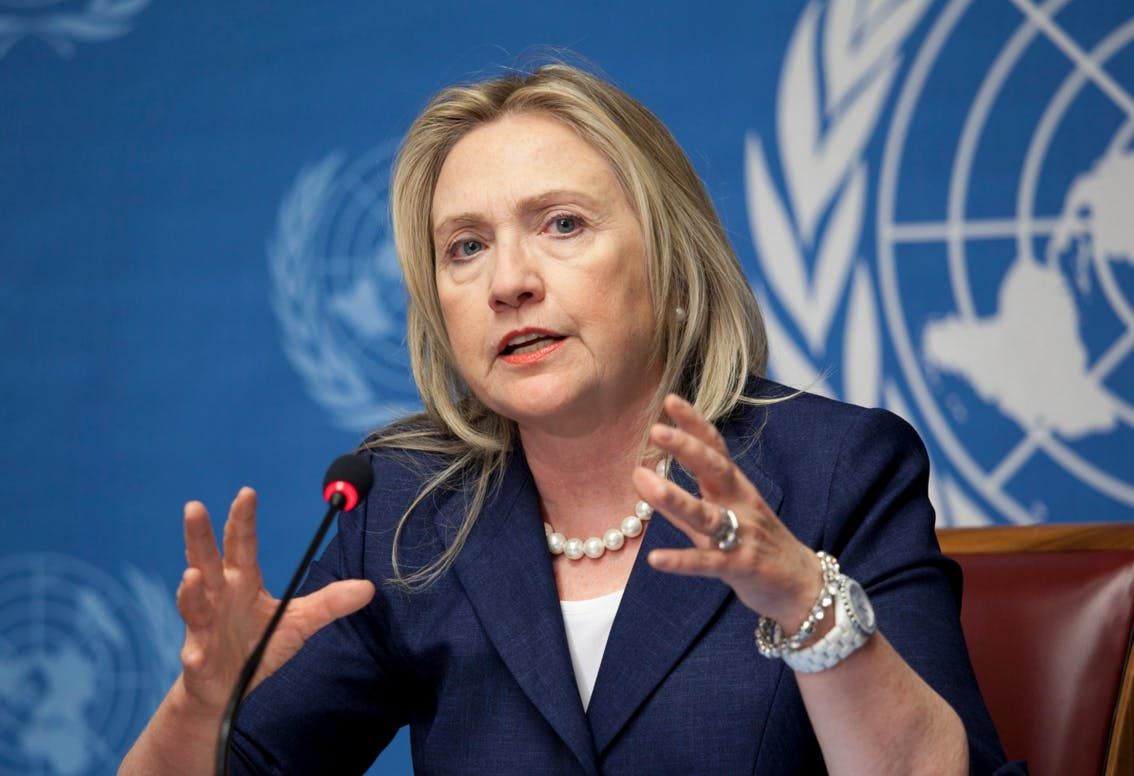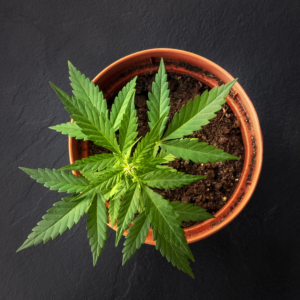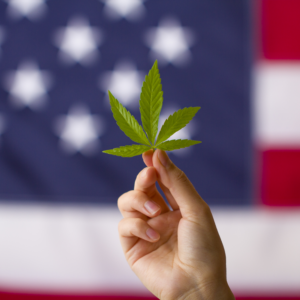As the November presidential election approaches, the issue of medical
marijuana has come to the political debate. The Democratic candidate
Hillary Clinton has presented a liberal-leaning, yet cautious
stand on medical marijuana.
Clinton supports legal access to medical marijuana. She would like to
see more research into the medical benefits of cannabis, and has stated
that she would support the reclassification of marijuana to increase
such research.
"I do think on the federal level we need to remove marijuana from the
Schedule I of drugs, move it to Schedule II, which will permit it to be
the basis for medical research," said Clinton in an interview with WBZ
NewsRadio in
Boston
in January 2016.
While this support is encouraging, I feel it doesn’t go far enough. She
needs a more thorough exposure to the current cannabis environment to
understand why she needs to "up her game." In particular, she needs more
knowledge about:
- Changes in marijuana attitudes
- Who is using medical marijuana and why
- The implications of federal narcotic classification
- Unequal access
- Economic sense
Changing Attitudes
Support for legalizing marijuana for both recreational and medicinal use
is at an all-time high. In 1969, at the height of the counterculture
movement, Woodstock and Vietnam War protests, fewer than 12 percent of
Americans supported marijuana legalization, and only about four
percent
reported that they had tried marijuana. Research focused on marijuana as
a gateway
drug,
on its psychological effects such as
psychosis
and physiological
intoxication.
Jump ahead nearly 50 years. A 2015 Gallup
poll
report that 58 percent of Americans support marijuana legalization, a
2015 Harris
Poll
report that 81 percent support medical marijuana usage and access, and
about 76
percent
of doctors support medical cannabis. In addition, nearly 49
percent
of Americans admit to having tried marijuana and 12
percent
are current, regular users.
This growing support for legalized marijuana is a cultural change, which
I believe is based on the growing idea that cannabis is safer than
alcohol, the recognition that cannabis has specific medical effects that
should be explored and the complete failure of the "war on
drugs"
to curtail illicit drug use. Support is highest among younger
individuals (18 to 34 years) and those who typically support Democratic
or Independent party candidates and platforms.
Medical Cannabis Users
Approximately 2.6 million
Americans
use medical cannabis currently. According to a recent and comprehensive
survey of
medical cannabis users, most are:
- Male (64 percent)
- College educated (84 percent)
- Live in or near a major city (84 percent)
- Between 25 and 54 years of age (61 percent)
Among the survey respondents:
- 84 percent strongly agree that cannabis provides symptom relief
- 66 percent use it as the primary method of treatment for their
medical issue - 64 percent use cannabis daily and 28 percent at least weekly
Federal Narcotic Classification Implications
Marijuana is currently classified as a Schedule 1
narcotic, which by definition
means it has "no currently accepted medical use and a high potential for
abuse." As such, research is difficult to conduct. It requires a complex
application process for a highly restrictive license from the Drug
Enforcement Agency. In addition, funding for Schedule I drug research
typically comes from the National Institute on Drug Abuse, which tends
to limit such studies to the effects of abuse, and not medical
applications.
In addition to research roadblocks, cannabis distribution, possession
and use remains a criminal offense, and federal laws could supersede
state laws. Although the US Justice
Department
updated its marijuana enforcement policy in 2013 to defer their right to
challenge state legislation as long as states actively ensure a policy
of strict regulatory control, in my opinion, the threat of federal
prosecution remains.
I believe that this threat would be reduced if Clinton’s proposed
reclassification of marijuana to a Schedule II drug occurs. Marijuana
would be downgraded to "dangerous," which would put it in the same
category as cocaine, methamphetamine, oxycodone and Adderall. However,
this classification is still misleading. Evidence shows that cannabis is
a much
safer
drug compared to these other Schedule II drugs.
Unequal Access
As of 2015, 23 states, the District of Columbia (DC) and Guam have
passed medical cannabis legislation. Clinton is on record for supporting
state-level legislation for medical cannabis.
"I think that the states moving forward is appropriate and I think the
federal government has to move to make this more available for research
that they can then distribute to interested people across our country,"
said
Clinton.
Leaving it up to the states, however, means unequal access as more than
half of the states continue to block medical cannabis. Patients who
could benefit from medical cannabis are unable to legally obtain or use
the medication because of where they live. Those who cross state lines
could be subject to prosecution upon returning home with their
medication.
Economic Sense
Another argument for the liberalization of marijuana legislation is
financial. According to "The State of Marijuana Marketing," by ArcView
Market Research, "The cannabis
industry is growing at a compounded annual rate of 30%, making it one of
the fastest growing sectors in the economy." States that have legalized
cannabis have received an economic
influx: Colorado generated $135
million and Washington generated $70 million in cannabis taxes and
license fees in 2015. These numbers are expected to grow.
Contrast that with the cost of enforcing federal marijuana laws. A [2010
study](https://www.aclu.org/files/assets/1114413-mj-report-rfs-rel1.pdf# 77)
estimated that the cost of prohibiting marijuana was $3.4 billion in
2008. By contrast, legalization would have generated $8.7 billion in
annual revenue.
This information makes it is clear that Clinton needs to become a
stronger supporter of medical cannabis. In my opinion, it’s just good
politics.






